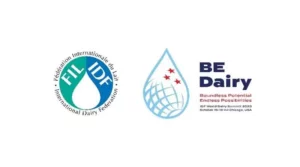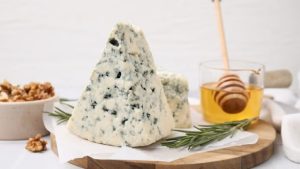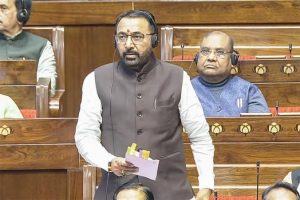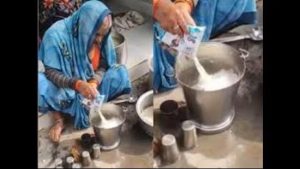“Projects are being planned for setting up dairies at Pune, Kolkata, Punjab, eastern and western Uttar Pradesh, Ujjain, Madhya Pradesh by our member unions in addition to expansion projects for milk and milk products at the dairy plants within Gujarat,” a top official of GCMMF said.
Liquid milk still brings in nearly 92% of the revenue. “But growth is also coming from newer segments. We believe that the segments which are witnessing 2% growth will see 10% growth in the next five years,” said Sodhi.
Worst fears gone
In October last year, millions of farmers in Gujarat, had faced their worst fears. As government was in final stages of the proposed Regional Comprehensive Economic Partnership (RCEP), women milk producers from Gujarat had sent 15 lakh postcards urging Prime Minister (PM) Narendra Modi’s intervention. RCEP, proposed free-trade agreement (FTA) between ten member states of the Association of Southeast Asian Nations (ASEAN) and its six FTA partners – China, India, Japan, South Korea, Australia and New Zealand, would have meant dumping of foreign surplus milk in India impacting domestic milk prices. It would have proven suicidal for India’s dairy sector, both Amul and the National Dairy Development Board (NDDB) – had said. In November, much to the relief of farmers, the PM announced India is pulling out from RCEP.
TRQ abolished, BCD now at 40%
A big relief for dairy cooperatives in Gujarat has come in the form of the Centre’s Budget announcement to abolish tariff rate quota (TRQ) and restoring basic customs duty (BCD) on imported dairy products from 30% to 40%. “Developed countries will no longer be able to dump their surplus milk and dairy products at cheap rates in India,” said a field expert.



















